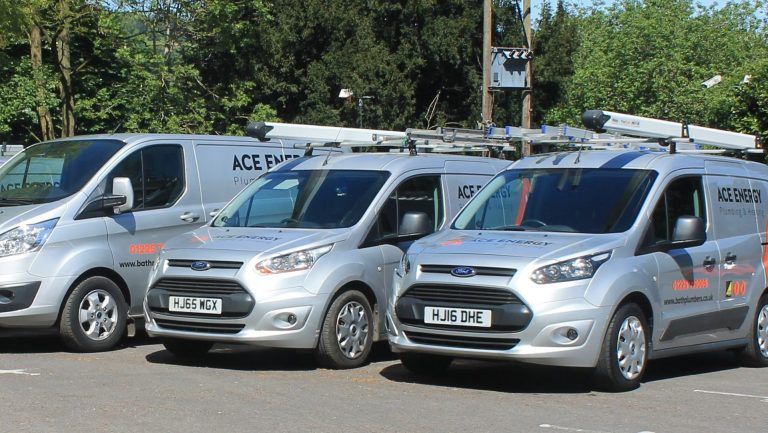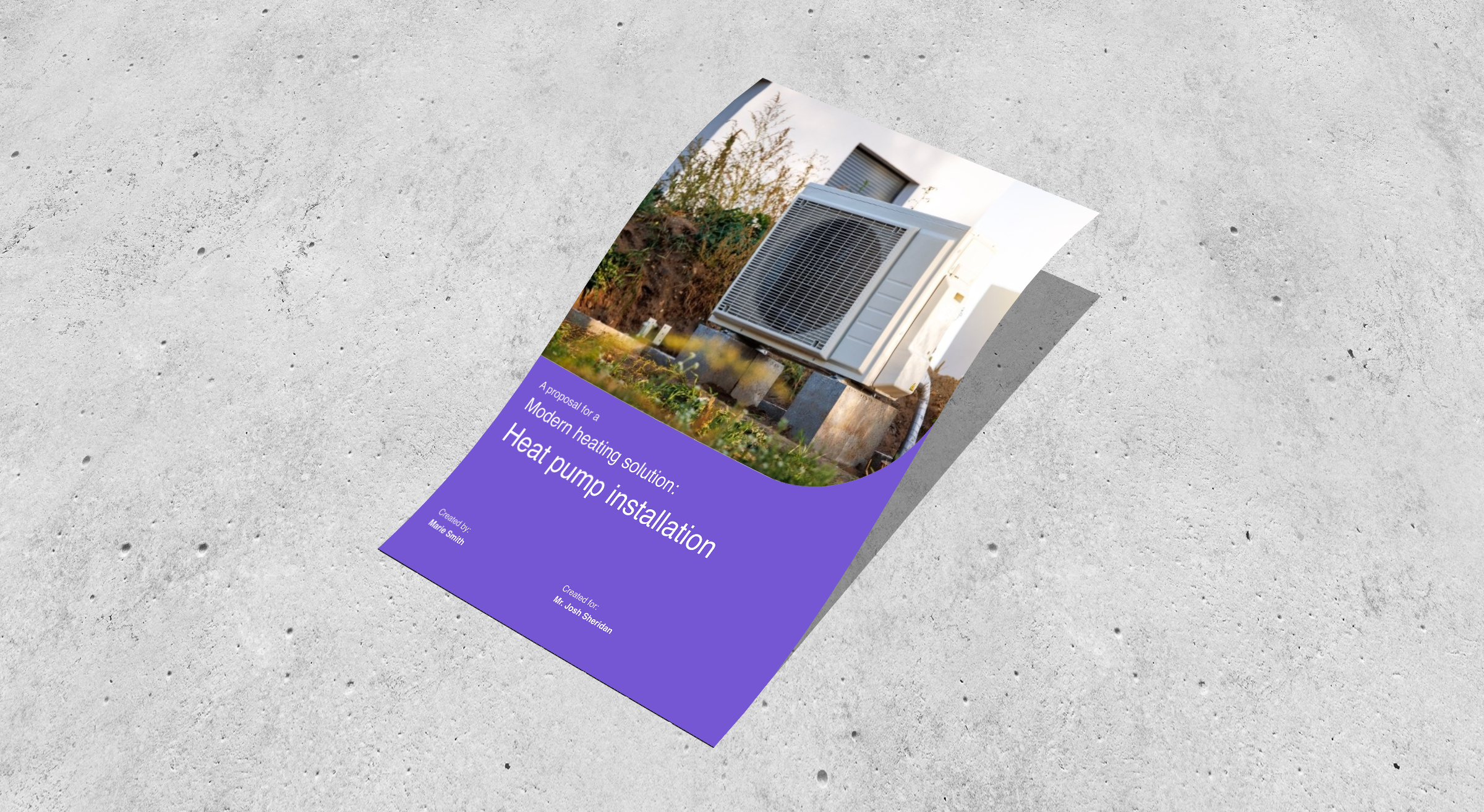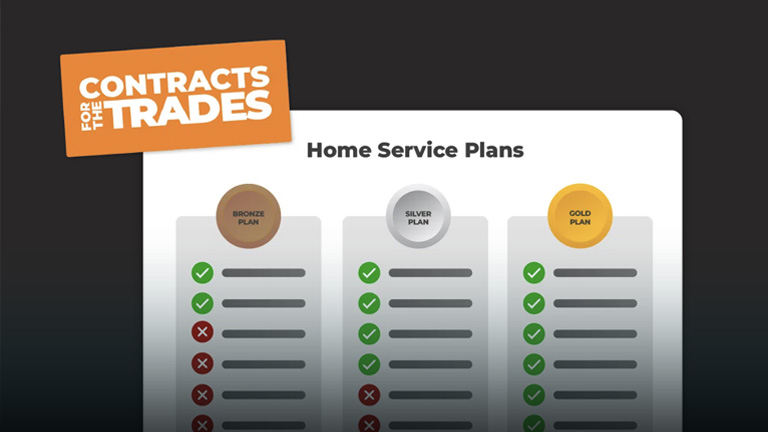
Losing tenders and don’t know why?
It can be frustrating if your business has been tendering for service and maintenance contracts, but no luck winning them.
What are your competitors doing that you aren’t?
We’ve talked with tender writing experts and did the research to uncover the most common reasons why you’re losing tenders.
To increase the chance of winning a tender submission, dive in below:

Why is my business losing tenders?
Here’s why you’re losing tenders as well as some tips to help you write a successful tender:
- You missed the deadline.
- You’re bidding for the wrong contracts.
- You’re not backing up your claims.
- You’re bidding on price.
- Your costings are inaccurate.
- You’re too focused on your business.
- Your tender is full of typos and grammatical mistakes.
- You keep reusing old copy.
Mistake #1: You missed the deadline.
If you miss the tender deadline, the buyer may think that you’ll miss project deadlines, too.
It may sounds obvious, but too many field service businesses commit one or more of these blunders. They:
- wait until the last minute to start writing their tender
- procrastinate on getting the certifications they need for a contract
- think: “when they see this tender they won’t care that we missed the deadline!”
These issues are a problem when it comes to winning tenders because:
“It shows a lack of respect for the process and makes it look like you can’t/won’t achieve deadlines provided.
If you’ve made a mistake and missed the deadline, don’t send in your response.”
Creative Tenders
Mistake #2: You’re bidding for the wrong contracts.
Are you bidding on every contract you come across?
If so, your success rate is probably low because many of these opportunities aren’t the right fit for your field service business.
Instead, be more selective about which contracts you’re trying to tender for and win.
Propeller Studios offers a free bid/no-bid checklist that can help you decide if an opportunity is worth going after.
Mistake #3: You’re not backing up your claims.
Can you prove that you have the highest first-time fix rate in the region?
Not providing evidence to support your claims is a big mistake in tender writing.
For example, if a question is ‘Can you show us how you add value?’ and your answer is ‘Yes, we reduced costs by £3,000’, that’s not good enough.
You’ve got to back up your claims with evidence.
David Williams, Director of Purple Patch Marketing Consultants
David puts it perfectly.
Without evidence to back up claims, prospects aren’t going to consider your bid.
Mistake #4: You’re bidding on price.
Bids win on the value offered, not just price your charge.
Many plumbing, heating, HVAC, electrical, fire & security, and property management businesses believe the final contract decision comes down to price.
After all, the lowest price will always win, right?
Wrong.
“Commissioners buy value, not price.
Everything you do that increases quality increases value—so if you want to win a tender, win on quality.
There will always be some guy cheaper than you.”
Tony McKelvie, Director, Tenders UK
You want your quality to be so far ahead of what your competitors are offering that price is irrelevant.
Mistake #5: Your costings are inaccurate.
Errors in calculations may cause a buyer to toss your tender.
Whilst pricing isn’t everything, knowing how much you should charge per hour is important since it will still factor into whether or not you win a contract.
You now know not to be the low-cost leader, so that’s a plus for you—but you also need to be scrupulous about calculating your costs, according to Designing Buildings in their post on common mistakes in construction tenders.
There’s a lot to consider in your costs, from supplier evaluation audits to inventory management, and down to the specific tools and hardware. Any mistakes in your calculations can cause the buyer to discard your tender, so calculate carefully!
We’ve got our own advice on how to write a quote for a job to help you win more work.
Mistake #6: You’re too focused on your business.
It’s about what you can do for the client, not how amazing your business is.
You offer the most value, have the best engineers, your pricing is perfect, and your listed on the best websites for company reviews!
Those are all things to shout about in your tender. However, when it’s all about you, you’re failing to put the focus where it belongs: on the client.
Search through your tender for the word “we” vs. mentions of your business name.
If the tender is packed with them, think about how to rephrase them. After all, the question the client will be asking as they read your tender is “What’s in it for me?”.
Make sure to use we-centric phrases: “we”, “us”, “together”. These will indicate that you’re entering into a partnership and give the buyer confidence you’re putting them at the heart of your approach.
Mistake #7: Your tender is full of typos and grammatical mistakes.
Spelling and grammar matter.
Even if you pick just the right contract opportunities and offer tons of value in your tender, if the tender is riddled with spelling and grammar issues, your business will come off as unprofessional.
Grammar and spell check tools can help, like Grammarly, but they don’t always pick up on every problem.
However, in our post on how to get property maintenance contracts, we share three different ways to help catch every mistake in your document.
Here are a few more:
Remember, your tender is a reflection of your business—so it needs to be clean and error-free.
Mistake #8: You keep reusing old copy
If you’re committing Tender Mistake #2 (bidding for the wrong contracts), you may also be guilty of this one.
Copying and pasting information from old tenders into new ones is a bad idea, reports this Executive Compass article on 7 common proposal writing mistakes.
If you do want to reuse copy, statistics, or data from old tenders, it should be rewritten and updated. Every buyer is different, and evaluators can tell when you’re using a generic template.
Copy and pasting is a sign of low effort. Also, if you’re reusing copy that’s currently not getting you the results you want, keeping at it is hardly going to help.
Create a winning tender and find success:
Ready to stop losing and get started writing winning tenders? Investing in field service management software should be the first step on your path to a successful business.
You find find the 7 things property managers need to see in your tender, here, but to help you with preparing tenders of your own, be sure to download the Tender Writing Checklist:


Linda Formichelli
Linda is a long-time journalist and content writer in Raleigh, North Carolina, USA.








